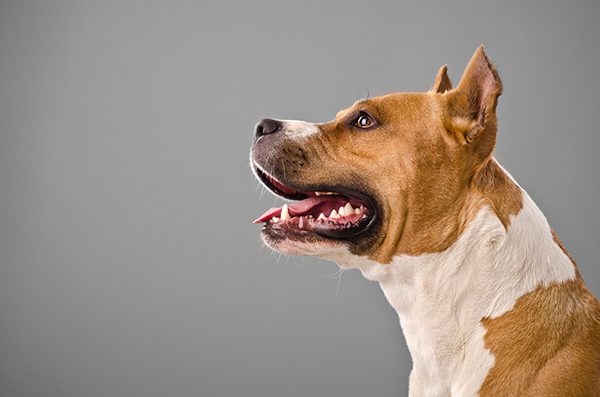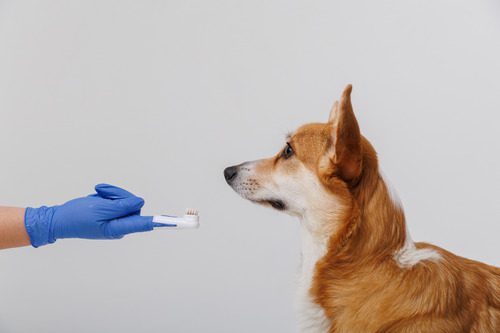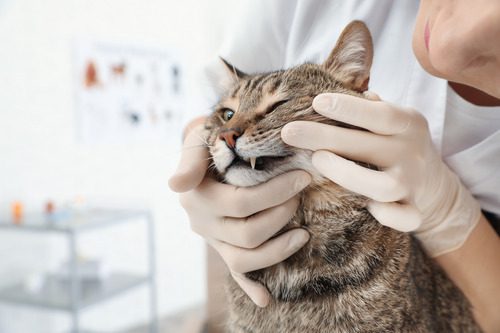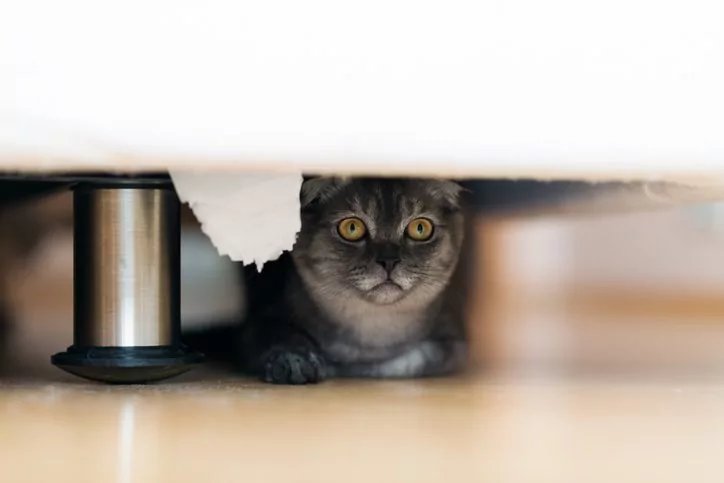Raleigh Pet Owners: 5 Common Poisons for Pets
Many people do not know how dangerous certain household items can be for their dog or cat. Some people are oblivious of the fact that some plants can be lethal, and certain foods should be off-limits to pets.
You must keep your pets away from certain foods, and you need to take extra care with household cleaners and pesticides. If you are a pet parent, you should seriously consider getting any plants you may have out of the household or away from your pet.

You should be as cautious and meticulous about poison-proofing your house as you would for a child. Read every label to ensure that whatever products you are bringing into the home is safe for your pet. Read below and learn more about five common poisons for pets.
What Items Are Poisonous to Pets?
Pet poisonings can be fatal if not treated in time. We keep many items in the house that we do not think are harmful to our pets. Pet parents need to know what things to keep away from their fur babies. It could mean the difference between life and death.
The following are poisons that you should keep far out of your pet’s reach:
Human Medications
Certain prescription drugs for humans are toxic for your pet. Many medications should be stored safely away from your cat or dog. NSAID’s (Advil™) and acetaminophen (Tylenol™) are some of the most unsafe drugs your pet could ingest.
You should never give your pet Tylenol or any other type of acetaminophen unless you are directed to do so by your veterinarian. Safe dosage amounts are different for pets than they are for humans. If your pet consumes too much of this medication, it may cause liver failure.
Ingestion of antidepressants can cause severe neurological problems in pets. ADHD medications that contain potent stimulants can cause heart problems. Benzodiazepines (Xanax™) can be given for situational anxiety, but only at the proper dose and not without the vet’s approval.
Beta-blockers and other heart medications can also be life-threatening. Remember that pets, like children, are often curious. Never leave pills out or leave pill bottles within reach of your pet.
Human Food
Chocolate poisoning is the most common food poisoning in both cats and dogs. Darker chocolate is more dangerous, as it contains higher amounts of theobromine, which is similar to caffeine. Xylitol, which is a sugar substitute, is also harmful. Xylitol is often found in breath mints, gum, or toothpaste.
If your cat or dog ingests garlic or onion, it can cause severe gastrointestinal issues and even cause damage to red blood cells, while raisins and grapes can cause kidney failure. You should also never give your dog turkey or chicken bones, as they can cause your pup to choke or perforations of the bowel.
Homemade and store-bought unbaked dough that contains yeast are toxic to pets. It results in the stomach stimulating the dough to keep rising. The outcome is bowel obstruction or a bloated, distended abdomen. This situation is life-threatening and requires emergency abdominal surgery.
This one may be obvious, but pets should not have alcohol, as it is rapidly absorbed into the blood and causes the slowdown of the central nervous system. If your pet becomes intoxicated, they can suffer from seizures and respiratory failure. Keep alcohol away from pets.
Plants
Plants are another frequent cause of pet poisoning, and it is not necessarily common knowledge that plants and flowers can be fatal to your dog or cat.
Lillies, in particular, are extremely poisonous to cats. If your cat only eats one or two leaves, bites on the stem, or comes in contact with the pollen, it can kill your precious fur baby.
Certain plants are poisonous to both cats and dogs, such as Elephant’s Ear and Chinese Evergreen, which are very dangerous. Signs of ingestion include oral pain, vomiting, and swelling of the mouth and lips.
Ingestion of a toxic plant requires immediate treatment. If you think your pet has eaten from a plant, get them to the vet right away. Take caution and place your greenery where your dog or cat cannot get to it. Better yet, do not keep any plants in the house.
Household Cleaners
Cleaning products containing ammonia, such as floor cleaners and oven cleaners, are all toxic to pets. Products containing bleach can cause breathing problems. Home air fresheners can be dangerous if inhaled or used around pets.
Certain disinfectants can trigger irritation on your pet’s paws, eyes, and nose. Try to dilute it and keep your pet away from it until all areas are dry.
Carpet cleaners are also detrimental to your pet. Carpet cleaning products like stain removers can have chemicals like the kind used in dry cleaning. The abrasive ingredients in carpet cleaners generate toxic fumes that pollute the air during cleaning. Your pet can ingest the dangerous residues, or it can come in contact with their skin and cause skin rashes and respiratory issues.
You may want to think about trying all-natural cleaning solutions. They may cost more than regular cleaning products, but they are safer for your fur baby.
Pesticides and Rat Poison
Some of the chemicals routinely sprayed on lawns are toxic to pets. Fipronil, which is a broad-spectrum insecticide, can cause kidney damage and thyroid problems in pets.
You will also find slug and snail baits that can render your canine very sick. Mouse or rat poison is also poison for cats and dogs. Some of the symptoms that your pet has ingested rat poison include difficulty breathing, lethargy, and pale gums.
If you need to put insecticide on your lawn, look for something that is non-toxic. Dilute it thoroughly before application. Any rat poison should only be placed where your pet cannot get to—ditto for slug and snail bait.
Keep Your Pet Clear of These Common Poisons in Raleigh, NC
There are numerous hidden dangers in the home for your cat or dog. As a pet parent, it is your responsibility to ensure that none of these potential dangers harm your sweet fur baby.
If you ever find out that your pet has ingested some of these products, you should contact your vet right away. At Bowman Animal Hospital and Cat Clinic, we are here for your pet emergencies during our regular clinic hours, and we also work with some local 24/7 emergency hospitals that we can refer you to.
The Pet Poison Helpline or the ASPCA Animal Poison Control are also great resources available to assist your pet 24/7.
Recent Posts
Firework Safety & Anxiety Relief for Pets This Fourth Of July
Firework Safety & Anxiety Relief for Pets This Fourth of July The Fourth of July is a…
Dental Cleaning for Dogs: Why It’s Important
Dental Cleaning for Dogs: Why It’s Important When was the last time you checked your dog’s teeth?…
Cat Gingivitis: Symptoms, Causes, and Treatment
Cat Gingivitis: Symptoms, Causes, and Treatment Your cat’s mouth plays a crucial role in their overall health,…
Managing Cat and Dog Anxiety During the Holidays
Managing Cat and Dog Anxiety During the Holidays Let’s face it: our pets are part of our…
Managing and Treating Joint Pain in Senior Pets
Managing and Treating Joint Pain in Senior Pets November is Senior Pet Month, and it’s the purr-fect…
About Bowman Animal Hospital & Cat Clinic
Established in 1986 by Dr. Gale Bowman, Bowman Animal Hospital and Cat Clinic is dedicated solely to the health and well-being of our pet community. We are a team of compassionate veterinarians and pet lovers who invest our time and resources into providing the very best medical care to your pet.






